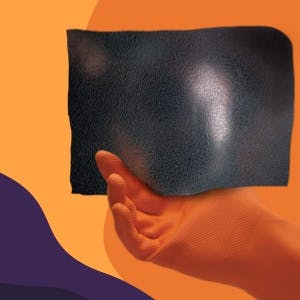- Home
- All updates
- EDGE Insights
- Industries
- Company Search
- My Watchlists (Beta)
All Updates
Rubi Laboratories and Walmart partner to convert CO2 into textile prototype
EKORE raises EUR 1.3 million (~ USD 1 million) in seed funding to strengthen platform
Culina Health raises USD 7.9 million in Series A funding to expand offerings and expand team
ViGeneron receives IND clearance for VG801 gene therapy
Reflex Aerospace ships first commercial satellite SIGI
Vast partners with SpaceX for two private astronaut missions to ISS
Carbios appoints Philippe Pouletty as interim CEO amid plant delay
BlueQubit raises USD 10 million in seed funding to develop quantum platform
Arbor Biotechnologies receives FDA clearance for ABO-101 IND application
Personalis partners with Merck and Moderna for cancer therapy development and investment
COTA partners with Guardant Health to develop clinicogenomic data solutions for cancer research

Bio-based Materials
Rubi Laboratories and Walmart partner to convert CO2 into textile prototype
-
Rubi Laboratories, a California-based startup developing carbon-negative textile materials, has partnered with retail giant Walmart to explore the conversion of captured CO2 into textiles.
-
The collaboration between the two companies will explore two main pilot projects:
-
The first pilot will integrate Rubi’s modular reactor systems into Walmart’s manufacturing facilities within its supply chain to capture CO2 emissions.
-
The second pilot will involve testing Rubi’s cellulose fiber in a prototype garment derived from CO2 emissions.
-
-
Rubi uses an industrial-scale biochemical process powered by enzymes to convert carbon emissions into cellulose, which is used to produce lyocell yarn for use in clothing and other textile-based products.
Contact us
By using this site, you agree to allow SPEEDA Edge and our partners to use cookies for analytics and personalization. Visit our privacy policy for more information about our data collection practices.